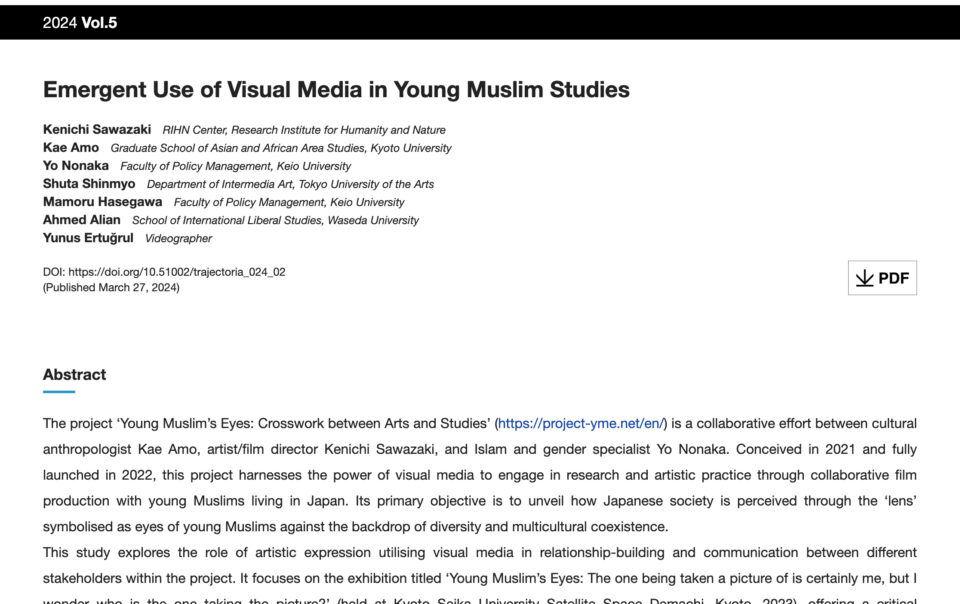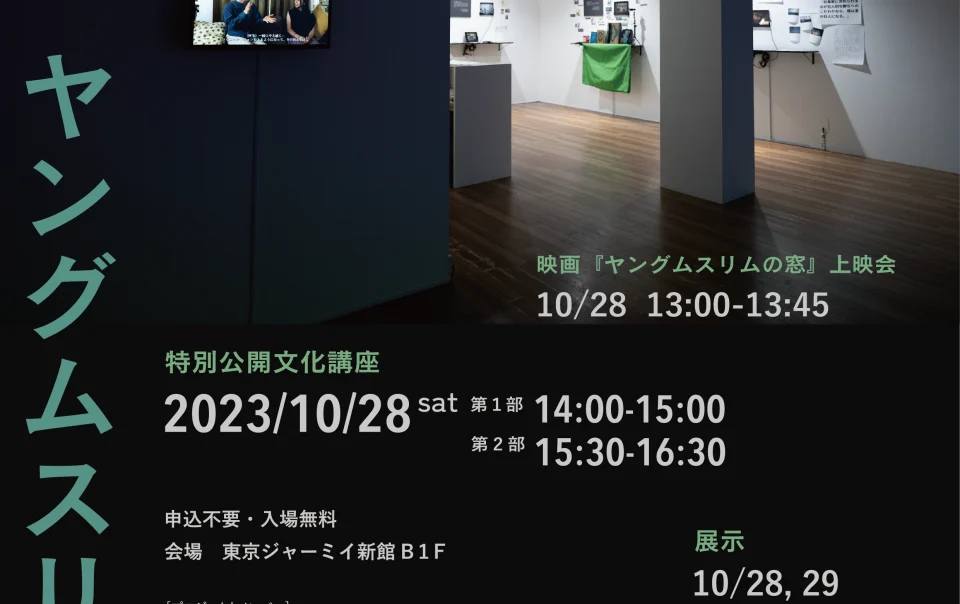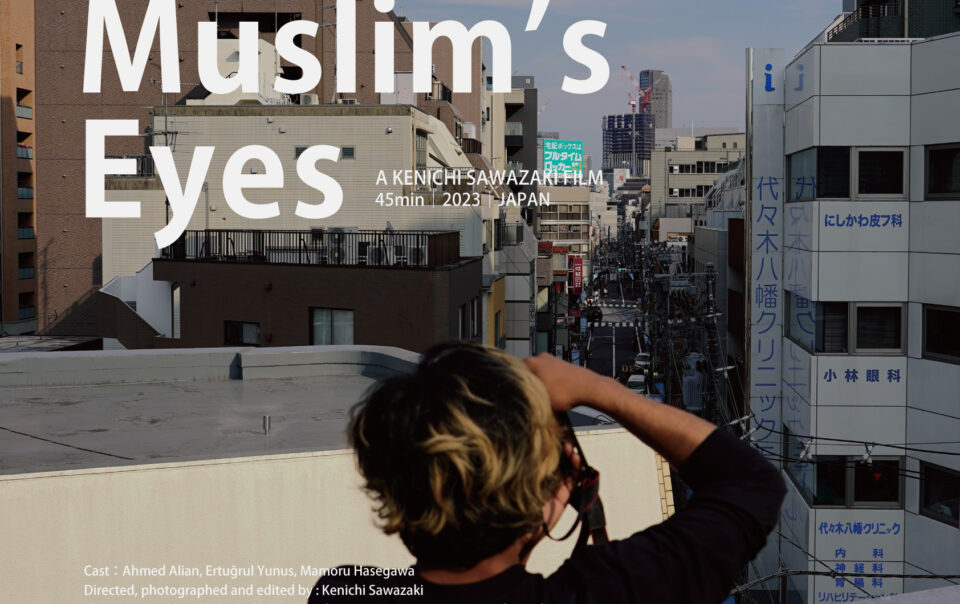Young Muslim’s Eyes is a project planned jointly by cultural anthropologist Kae Amo (Kyoto University, specializing in modern society and Islam), artist/film director Kenichi Sawazaki (Research Institute for Humanity and Nature), and Yo Nonaka (Keio University, specializing in Islam and gender).
In this project, we aim to conduct a research study focusing on the lifestyle and activities of young Muslims who will lead the new generation in Japan. Simultaneously, we will create participant-led video works and explore new forms of expression while considering the impact of video content and media on society and actors.
The young Muslims in this project include young people with various profiles such as second-generation Japanese with Muslim parents from Islamic countries, and Japanese people who have converted to Islam. While practicing their religion, how do they build relationships with the people and society surrounding them in Japan? Through the project’s innovative activities, we hope to see the world through the “eyes” of young Muslims.
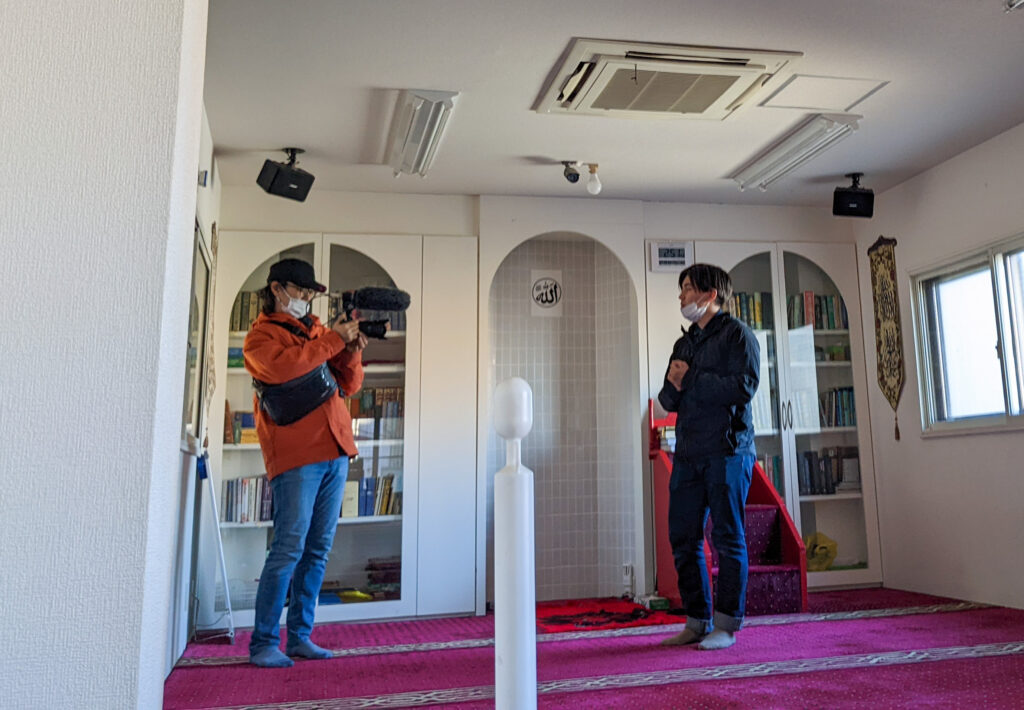
Recent
News
Background question
01
What kind of ideas do young Muslims in Japan, who belong to the digital native generation, have and what kind of information do they want to share?
02
Is it possible to collaborate with stakeholders in academic, social, cultural, artistic, or expressive fields without confining them to the keywords of "intercultural understanding" and "multicultural understanding" where the agent is unclear?
03
What direction can video expressions take through media usage and research that go beyond anthropological documentary films?

Challenges of this project include:
In recent years, with the development of transportation and media/information communication technology, the relationship between video viewing has shifted from a one-way street from mass media to viewers, to an interactive two-way street where anyone can be both a content creator and a viewer through platforms like YouTube and social media. In this media environment, sustainability is being questioned on a global scale, including environmental/energy issues and the preservation of cultural diversity. However, much of the information available lacks personal perspective and is consumed and forgotten on a daily basis.
In this context, we believe that video production that involves individuals directly with a camera can lead to the discovery of personal “questions,” separate from the information consumption cycle on the internet. This could be a means of approaching various issues on a personal level. In an age where everyone can hold a camera, we believe there is value in focusing on the relationships and communication produced by video media.
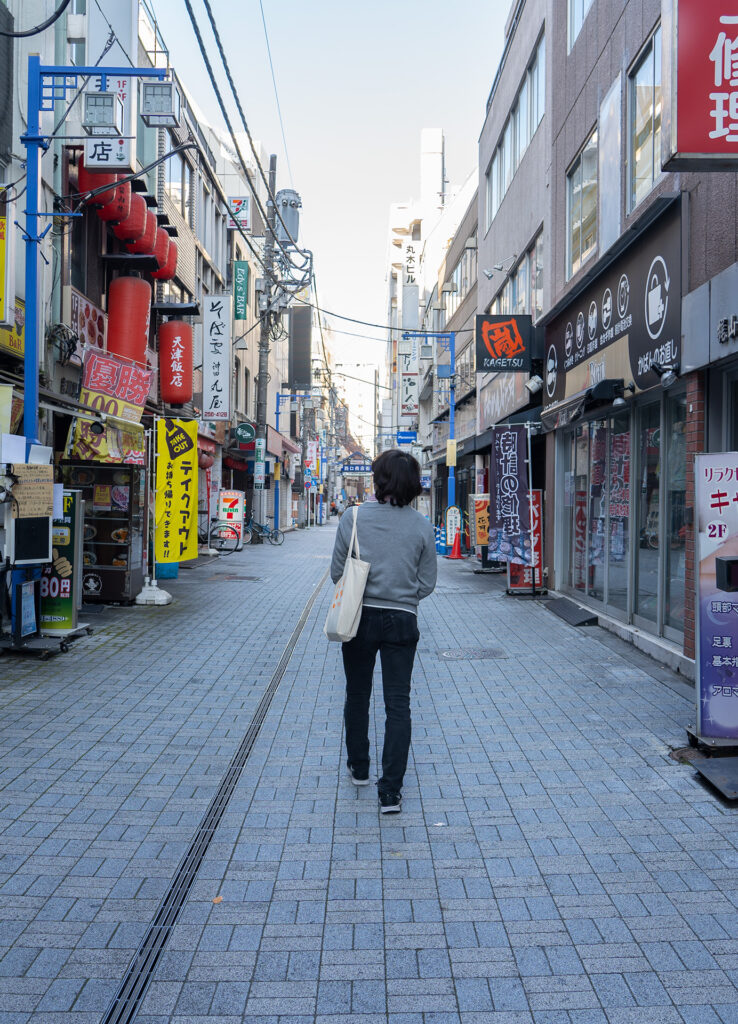
Based on these backgrounds, we consider the following three points as challenges in conducting this project:
01
Verification of the possibility of collaboration between the field of arts expression through video media and social sciences and humanities.
02
Development of practical and cross-disciplinary methodology for creating new cultural narratives that share different values and "questions" in Japan, which aims to be a multicultural society.
03
Exploration of a new field of participatory research and artistic practice that actively involves subjects and research participants.
When my face became mine. / When the economy embodied love.
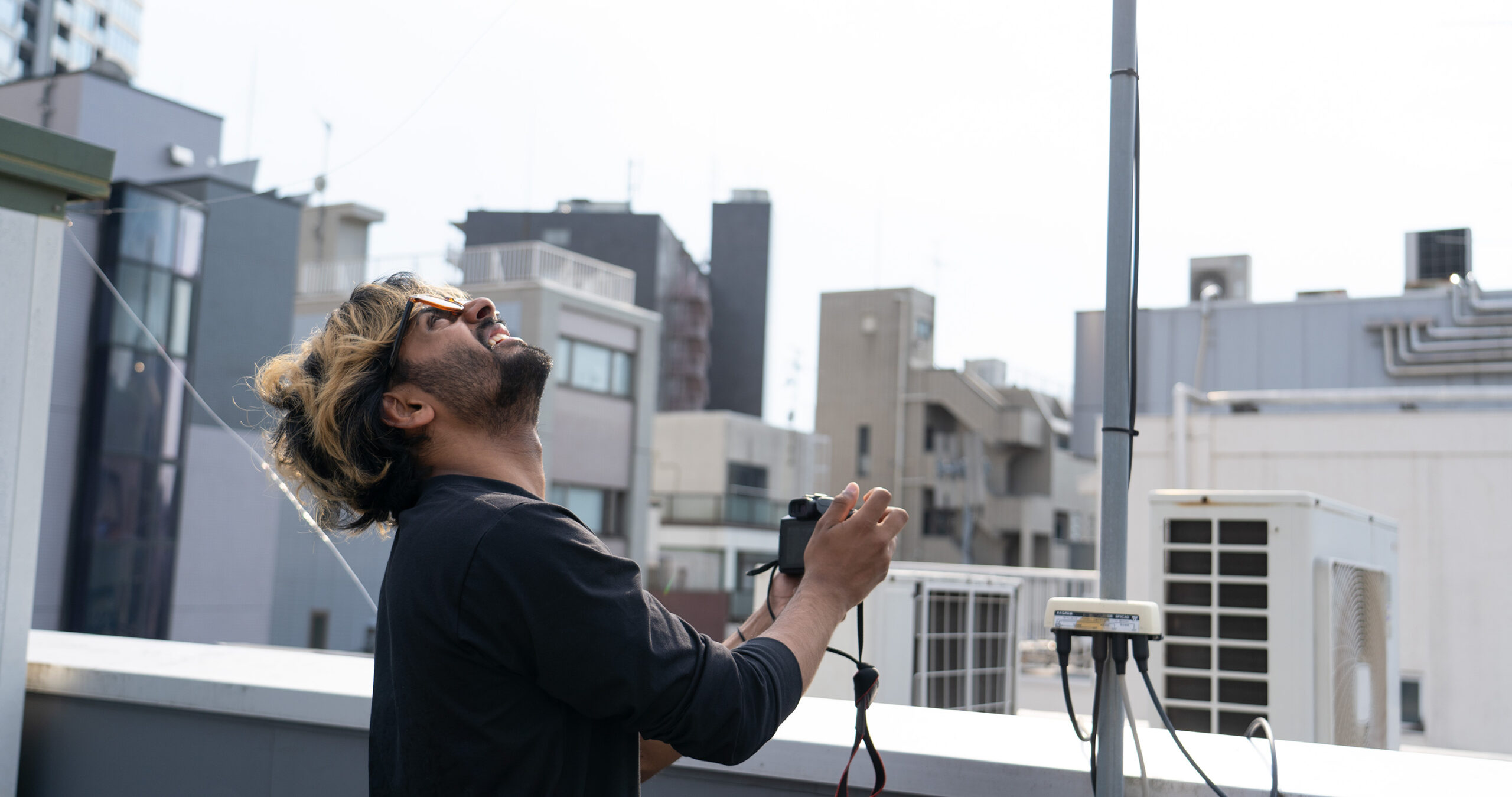
Muslim MEME
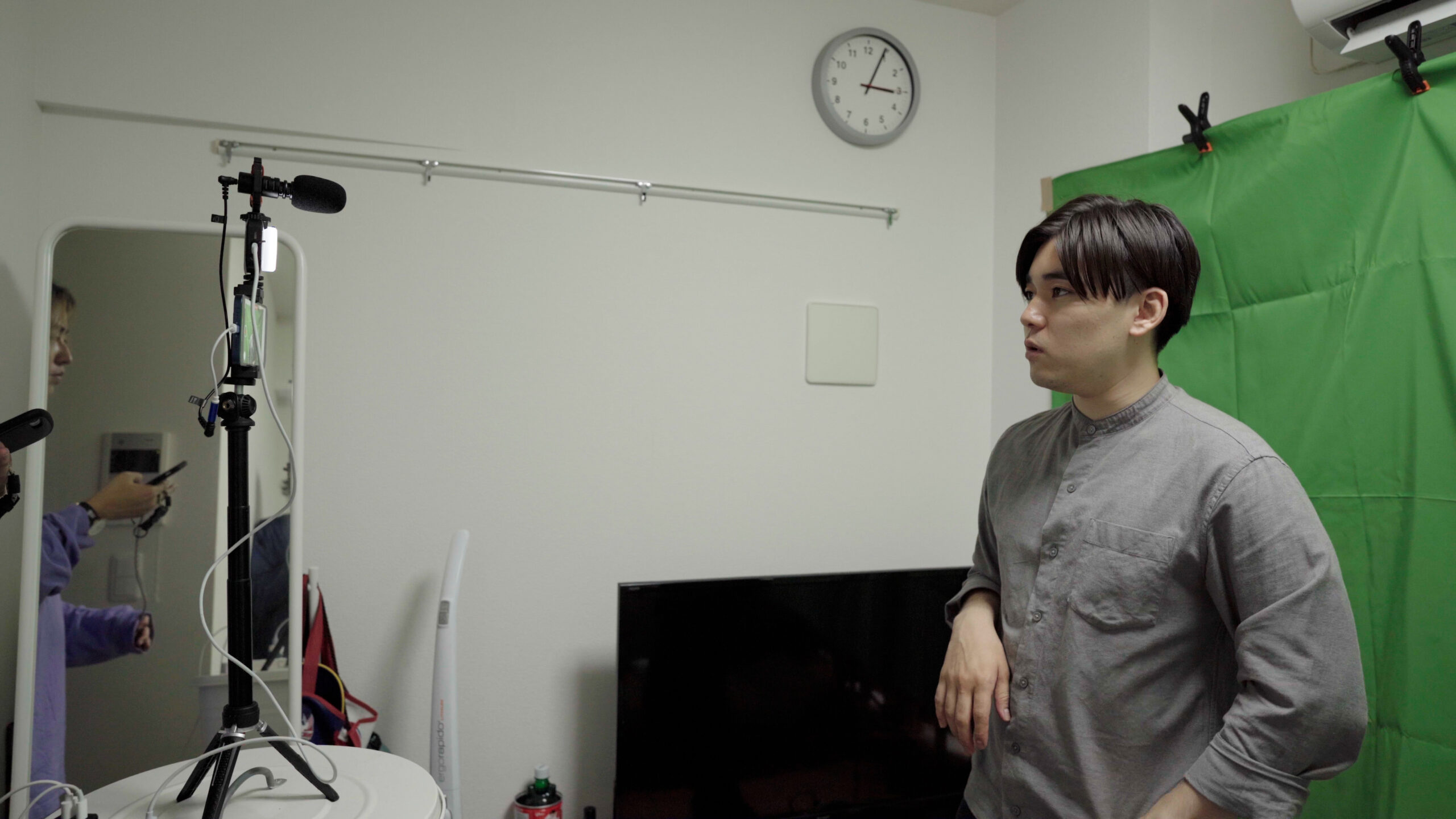
In the Bathhouse Steam ~An Islamic Journey of a Japanese Boy~
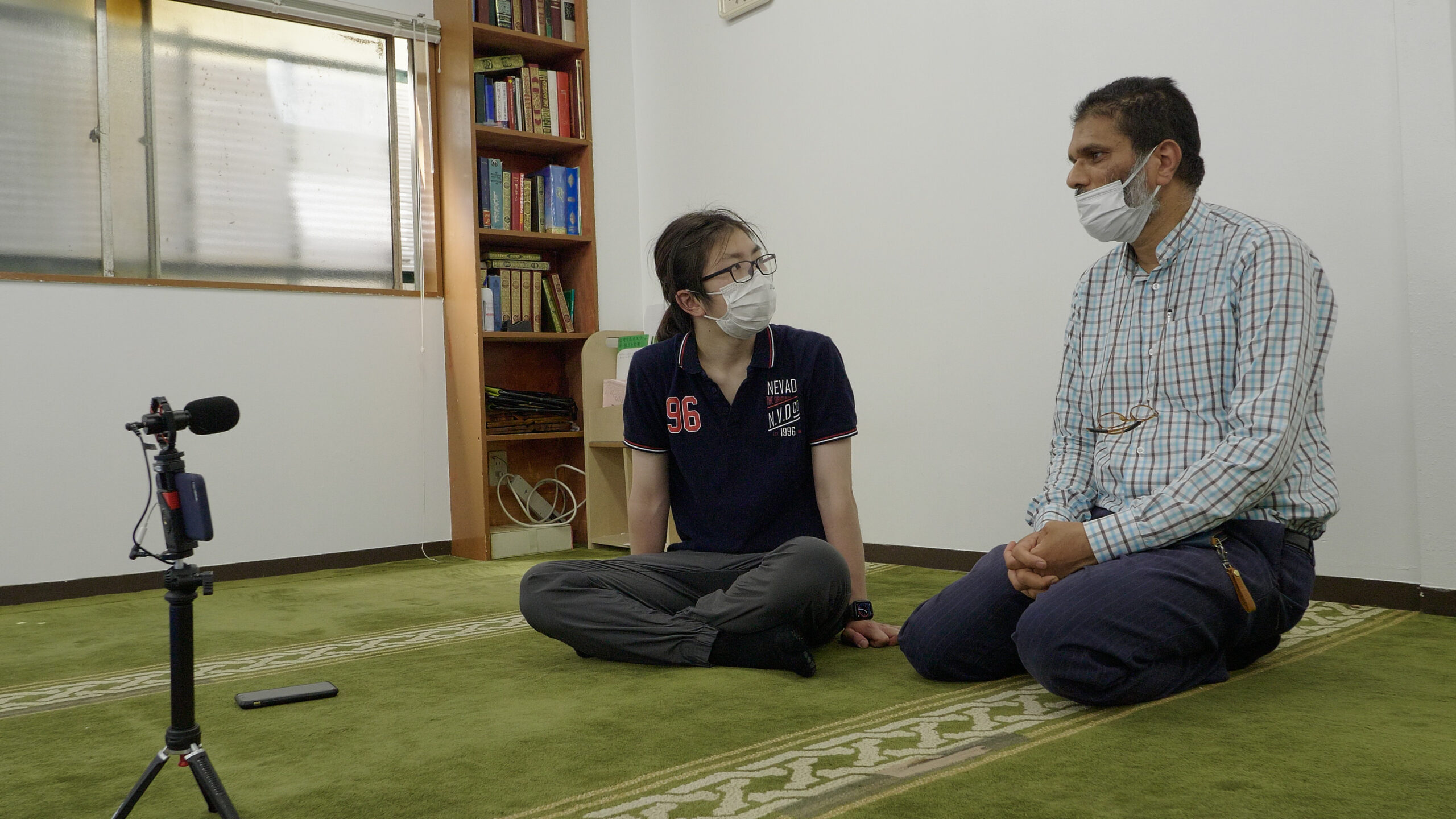
Paths and methods
In “Young Muslim’s Eyes,” through collaborative visual production among filmmakers, cultural anthropologists, religious scholars, and young Muslim practitioners, we aim to explore the potential of diverse values and narratives in the new generation, focusing on the young Muslims who were born and raised in Japan or Japanese who converted to Islam.
Through the project’s activities, we aim to reveal how these young Muslims build relationships with people and society surrounding them while practicing their religion in Japan. We also focus on the interactions between different actors such as researchers, practitioners, camerapersons, and participants in the process of visual production and incorporate them into the analysis and evaluation of the resulting media expressions and works.
①
Nonaka and Amo, who have conducted research on Islamic society and culture, will take the lead in conducting interviews and research on young Muslims living in Japan who use YouTube and social media to disseminate information.
②
Alian, Yunus, and Hasegawa, all of whom are young Muslims, will collaborate with filmmaker Sawazaki to conduct a video production workshop for young Muslims. During the workshop, they will introduce documentary-style video works and explore how the camera can bring about relationships and communication between people from different fields. They will also share ways to use video as a tool for communication with the young Muslim participants.
③
Young Muslims will produce their own videos and hold screening and discussion events.
④
We will publicly showcase the Young Muslims’ film works and their production process records on social media platforms such as SNS and YouTube, as well as in exhibitions.
⑤
We will evaluate and analyze the establishment of a new academic and artistic practice that transcends the boundaries between the creators of audiovisual media, researchers, and Muslim practitioners from a methodological perspective through the four processes outlined above (① to ④).
⑥
A documentary film chronicling the entire activities of this project will be produced and released by Sawazaki.
Through these efforts, we aim to practically demonstrate how diverse actors can express and share their own positioning within Japanese society while practicing their faith, using film and media as a means of both academic research and artistic and social practice. By sharing these examples with audiences, we hope to reveal how film media can be utilized in both academic research and artistic/social practices, and continue to develop practical methods for this purpose.
Schedule
27 May 2022
Online Video Production Workshop 1
10 June 2022
Online Video Production Workshop 1@Keio University SFC
29 July 2022
Young Muslim Film Screening and Discussion Session@Soco Kyoto
Feb-Mar 2023
Exhibition opening@Kyoto Seika University Satellite Space Demachi
Summer 2023
Completion of a collaborative research paper.
Autumn 2023
Release of the documentary film.
Project Goals and Objectives
1. Co-authored paper by the film director, cultural anthropologist, religious scholar, and Young Muslims
2. Film works by Young Muslims
3. Documentary film that records the entire project’s activities
Young Muslim’s Eyes, general view.
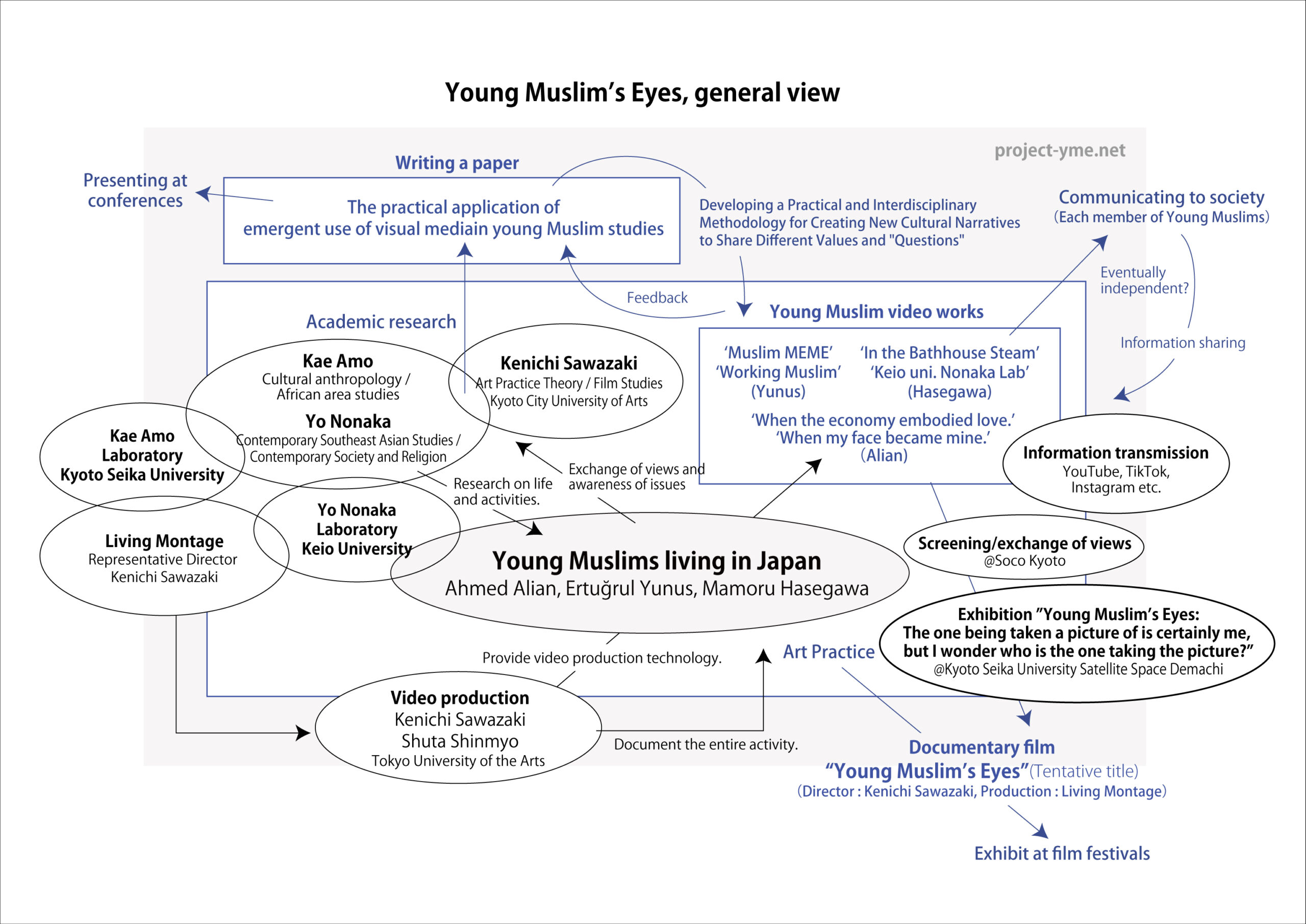
Members
*Alphabetical order
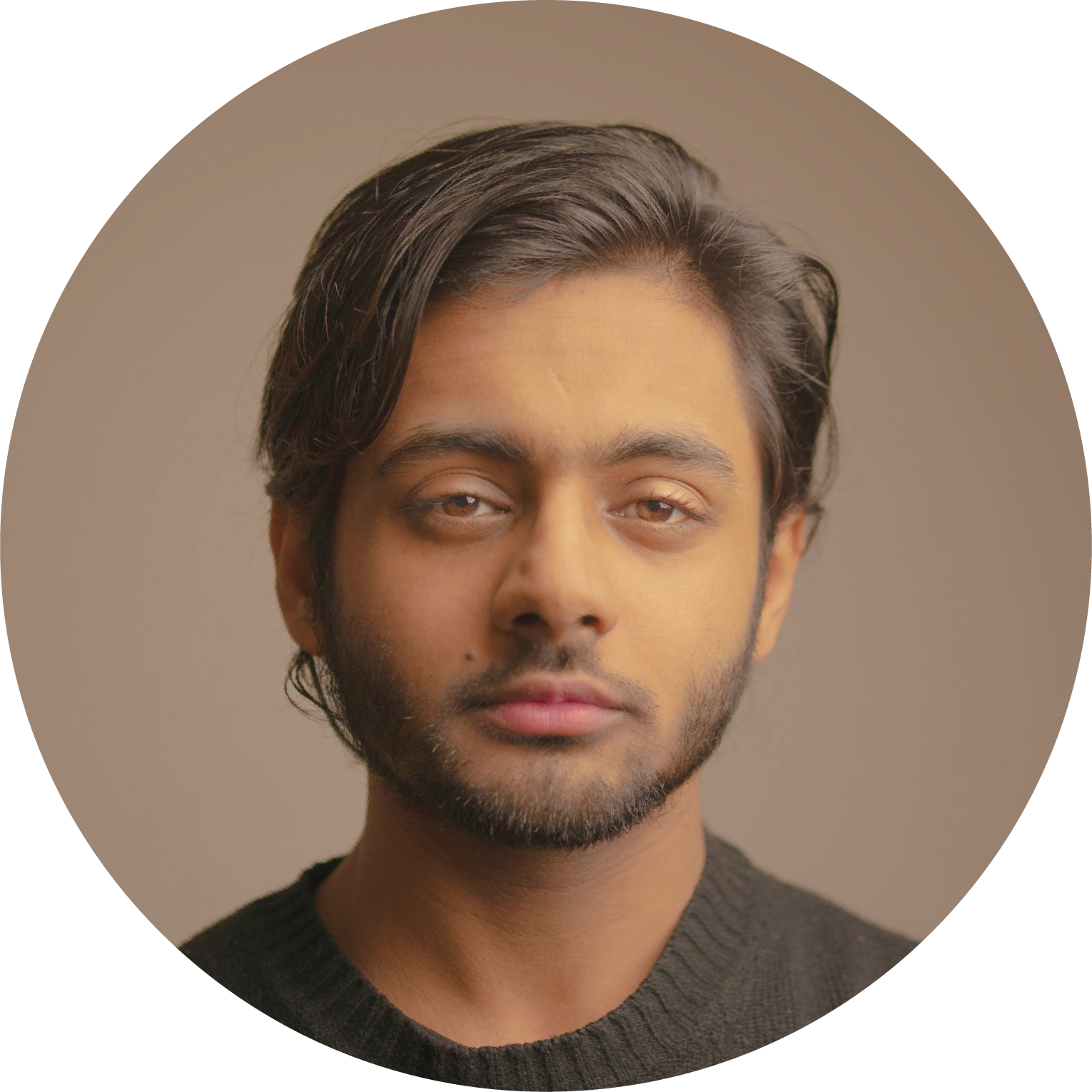
Ahmed Alian
CEO, Rhetica Inc./Waseda University Student. After working as a global business analyst, he conducted research for the Nikkei, worked as an assistant director at NHK World Radio Japan, and was a project manager at an education-related venture. He then became CEO of Rhetica, inc. and as an associate at the VC and startup studio RiskTaker Co., Ltd., he has been involved in developing and implementing startup business strategies and fundraising support. He also conducts research at the university level, with expertise in history, philosophy (epistemology, ontology), theology (Islam), linguistics, finance, and economic theory. He obtained a bachelor’s degree in liberal arts.
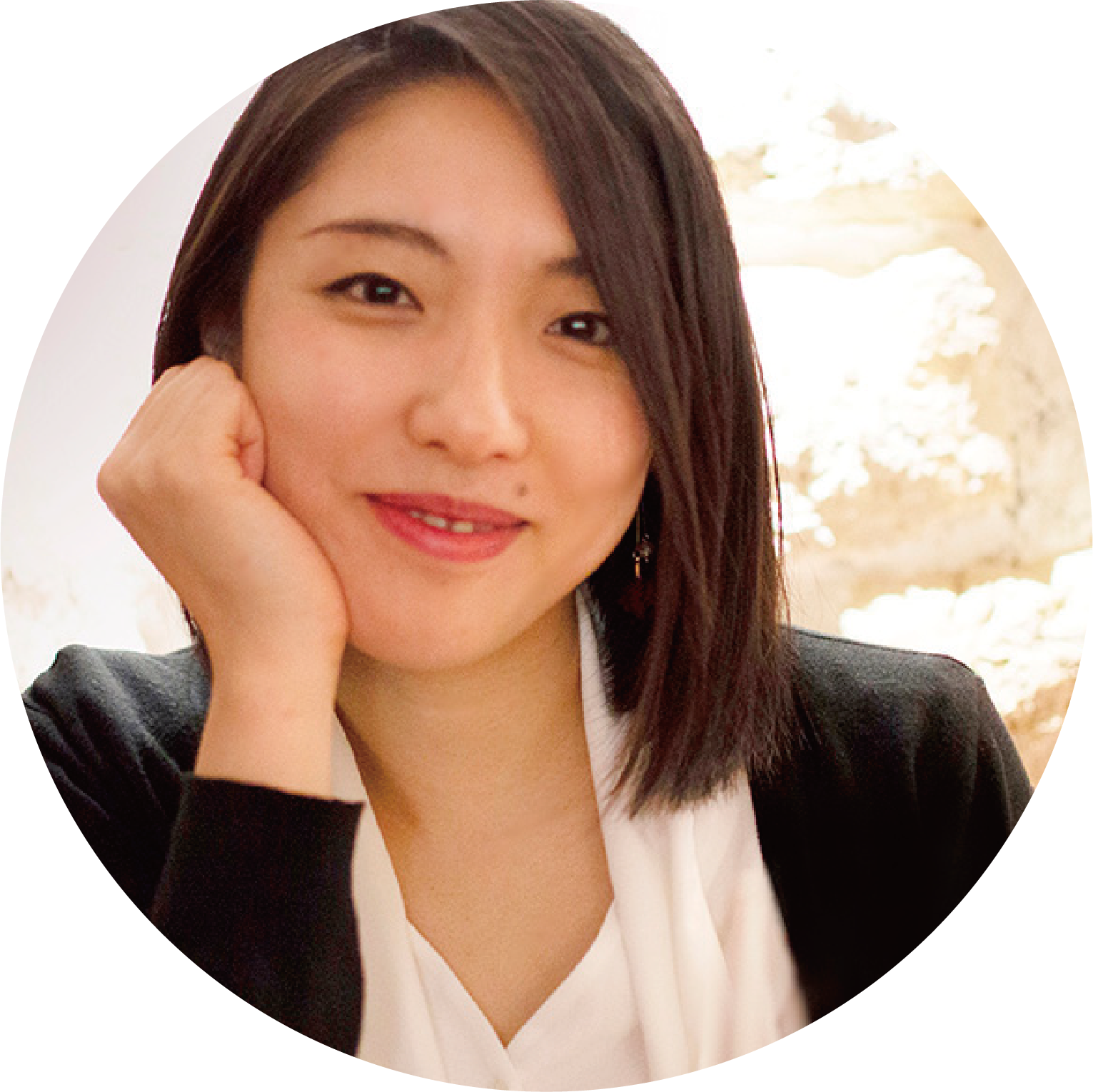
Kae Amo
Assistant Professor, Graduate School of Asian and African Area Studies, Kyoto University. PhD in anthropology at the Ecole des Hautes Etudes en Sciences Sociales(EHESS)
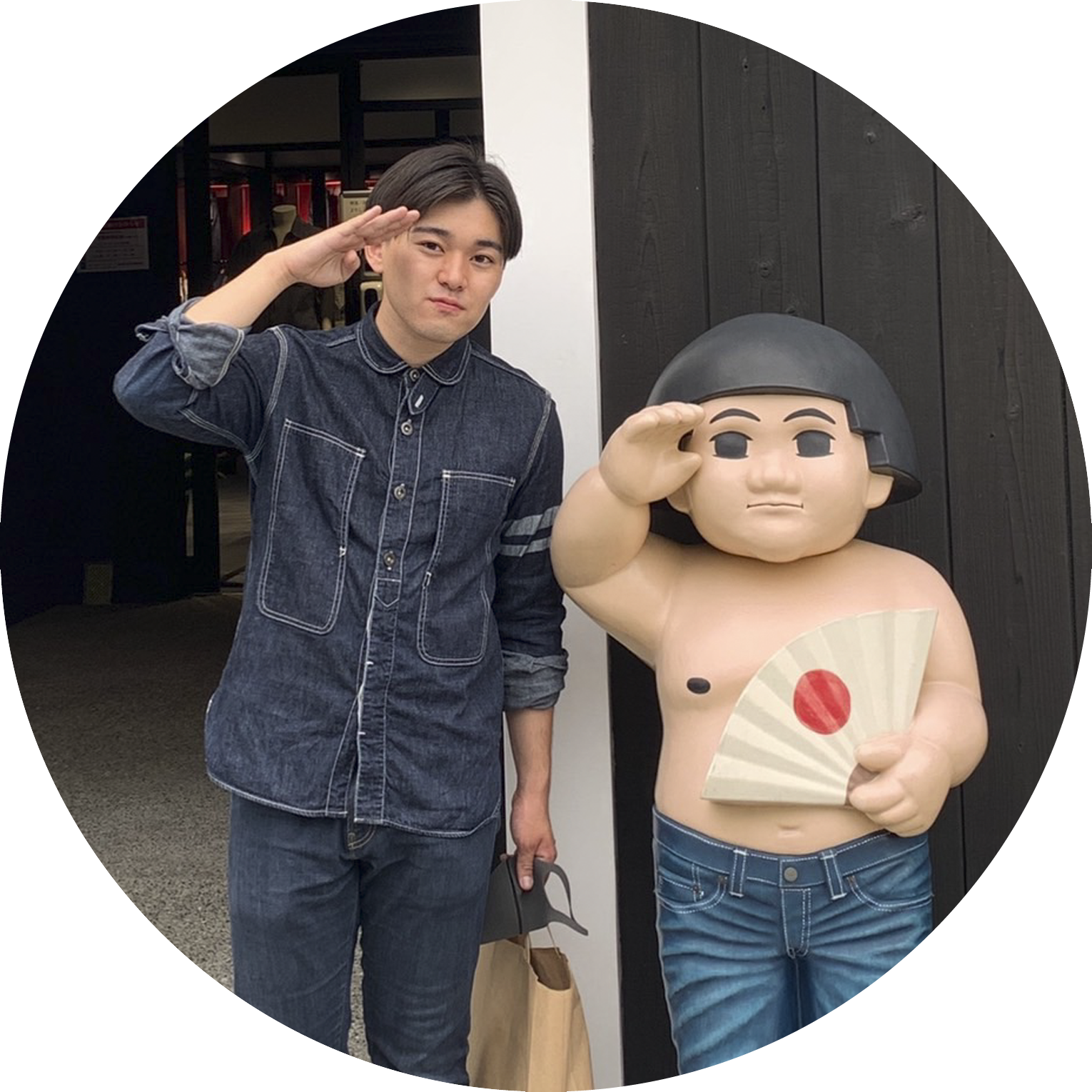
Yunus Ertuğrul
Born in Okayama in 1998. Works at Ezaki Glico Co., Ltd. Graduated from the Faculty of Policy Management at Keio University. A former member of the Nonaka Laboratory. Has a Turkish father and a Japanese mother. Grew up as a Young Muslim in Okayama and shares information about Japanese society and Young Muslims through experience gained in the developed Muslim community in the Tokyo metropolitan area. Operates “Your City’s Friday Prayer” on Instagram.
@japan_mosque←Instagram
@yunu_nanshon←Twitter
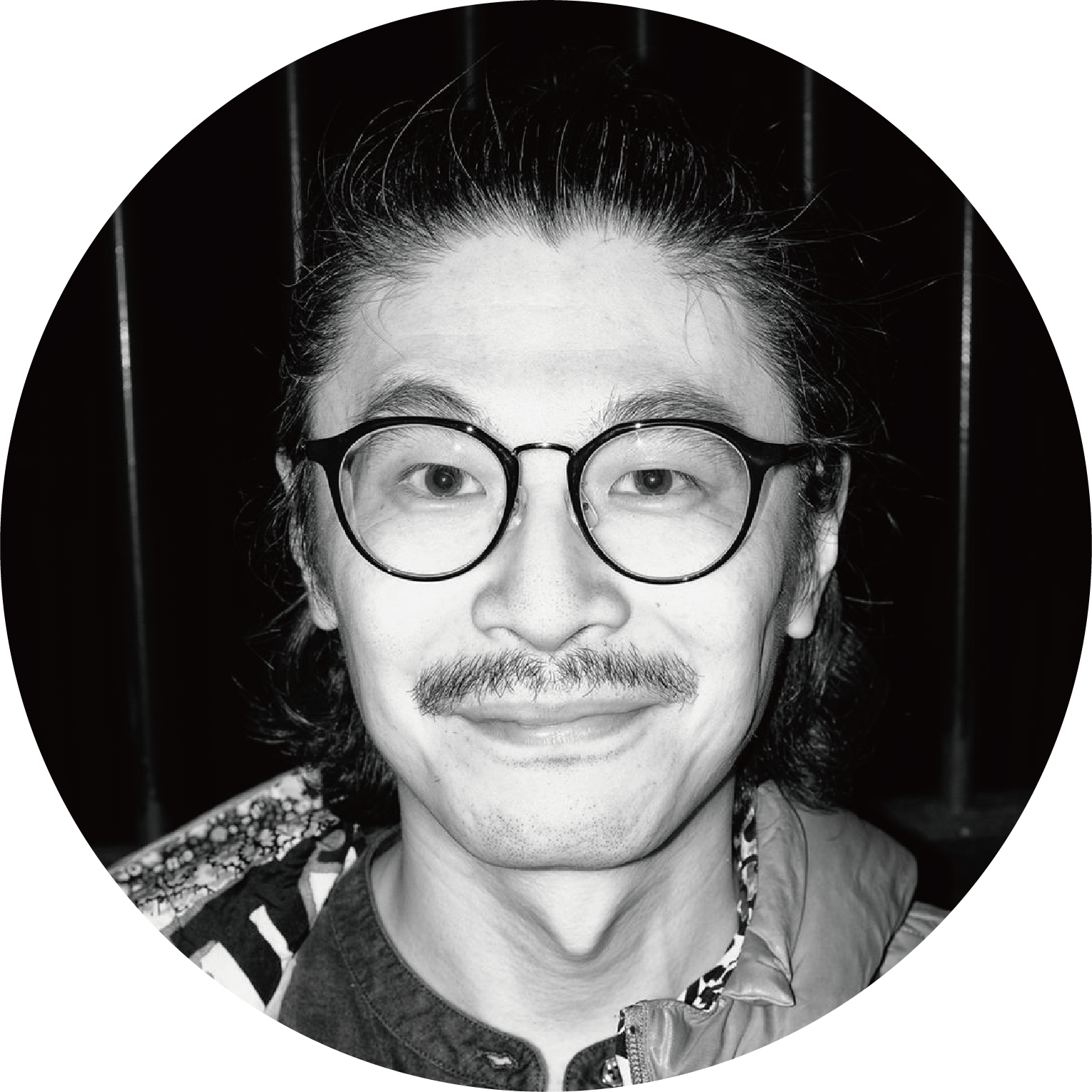
Kenichi Sawazaki
Born in 1978, based in Japan. He is a Japanese contemporary artist and a film director, and earned his PhD in Concept and Media Planning, Kyoto City University of Arts. Project Assistant Professor, Research Institute for Humanity and Nature. Also, he is the director of “Living Montage” which is a platform for the interdisciplinary use of visual media. His recent works include the multi-layered documentary film “#manazashi” (124 minutes, 2021, selected for the feature competition section of the Tokyo Documentary Film Festival), and the theatrical film “The Garden in Movement” (Directed by Kenichi Sawazaki, 85 minutes, 2016, premiered at the Yebisu International Festival for Art & Alternative Visions 2016).
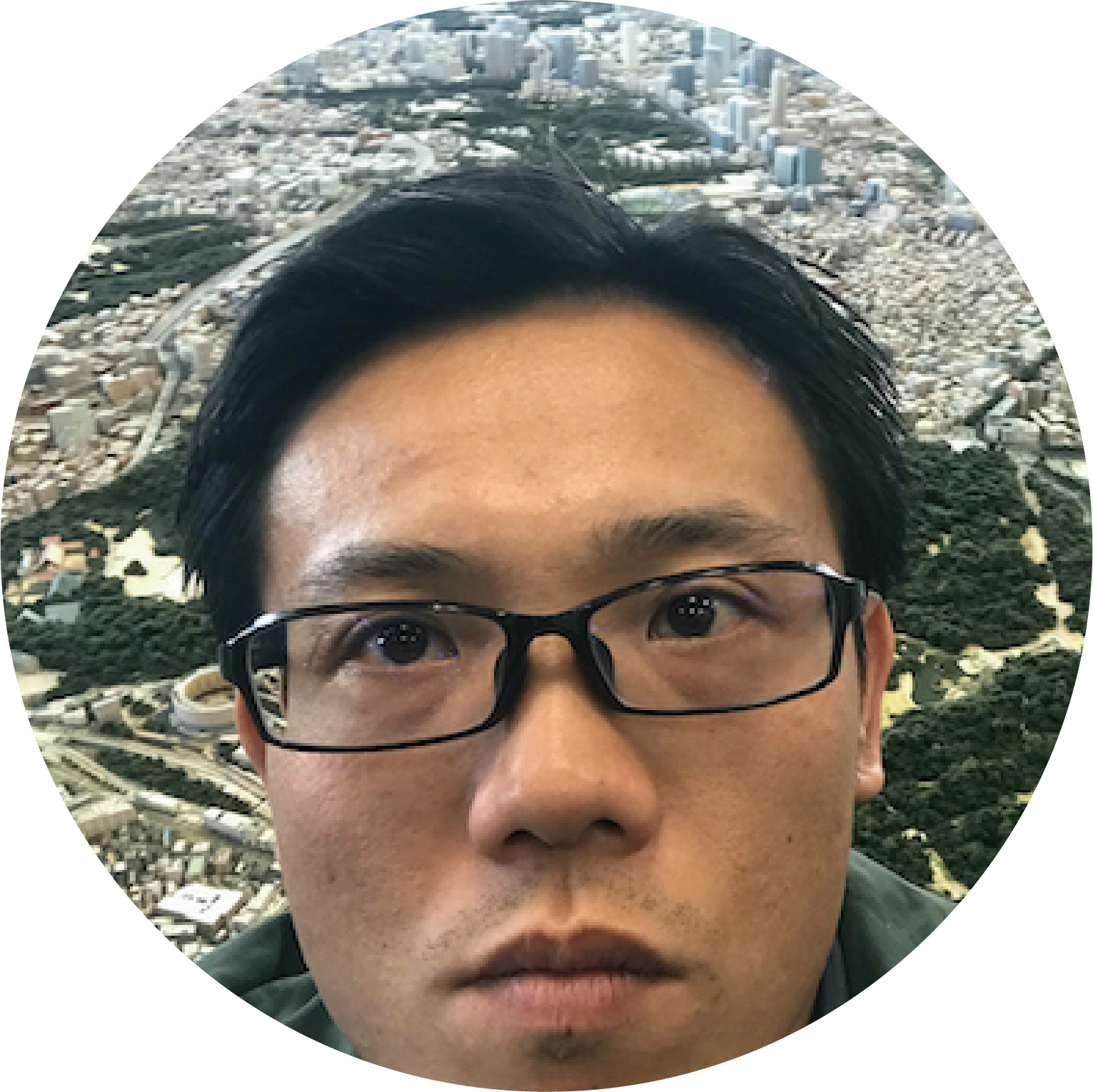
Shuta Shimmyo
Born in Tokyo in 1982, this individual is a filmmaker and adjunct lecturer at Tokyo University of the Arts. They graduated from the 3D Pure Arts program at Central Saint Martins, London. He moved to Australia alone at the age of 15, and after graduating high school, he joined a local film production company, where they worked on numerous TV commercials, music videos, short films, documentaries, and more, both domestically and internationally. At the age of 25, he moved to the UK and studied under Yukio Mikami after graduating from university. He joined the production company Rock’n’Roll Japan Co., Ltd. before becoming independent. He established his own company, Cable Studio Co., Ltd., and are currently active as a documentary filmmaker.
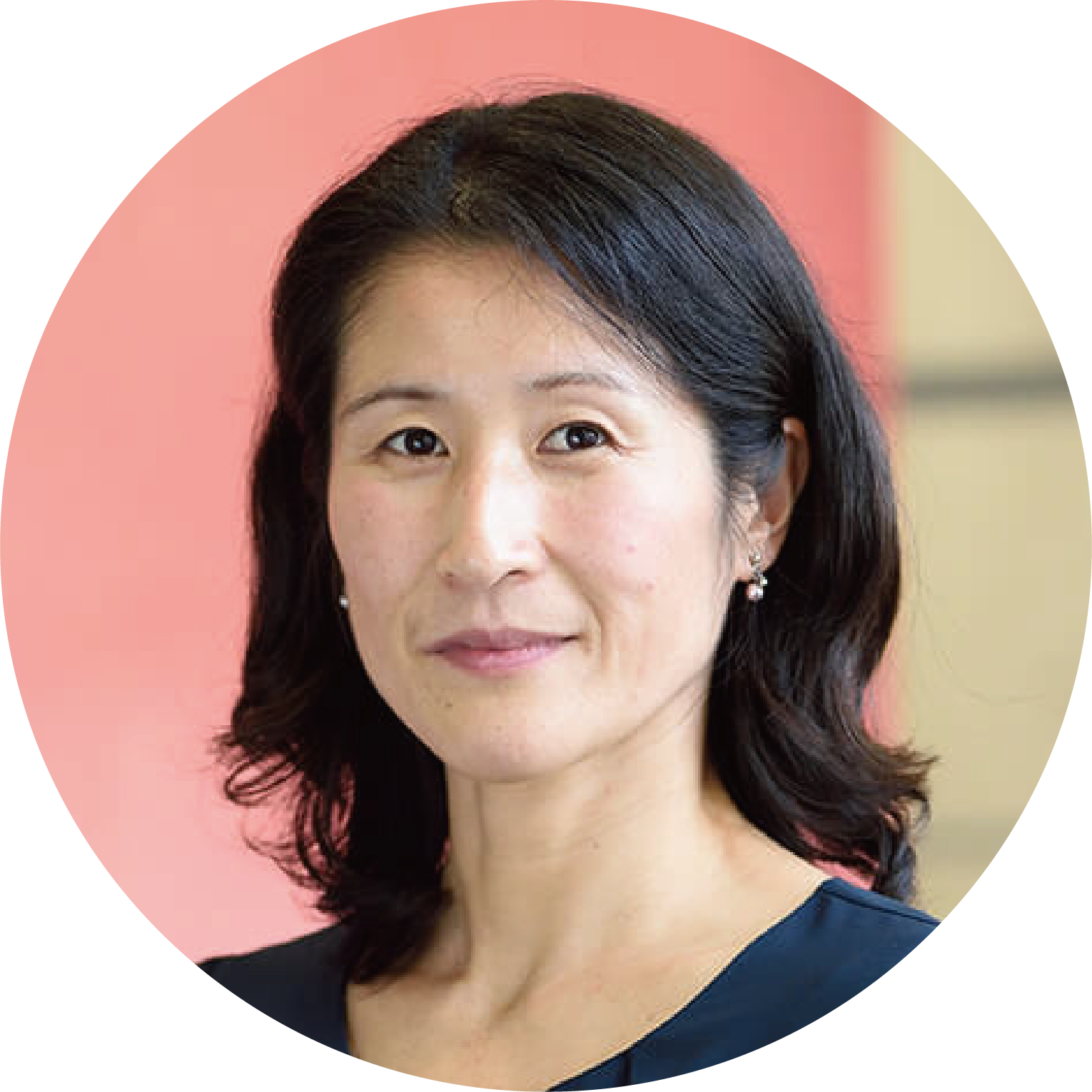
Yo Nonaka
Associate Professor, Faculty of Policy Management, Keio University. She earned her PhD from Department of media and Governance, Keiko University, Japan. Her specialty is regional studies (Indonesia). Her main research interest is the acceptance and spread of Islam in contemporary Indonesian society.
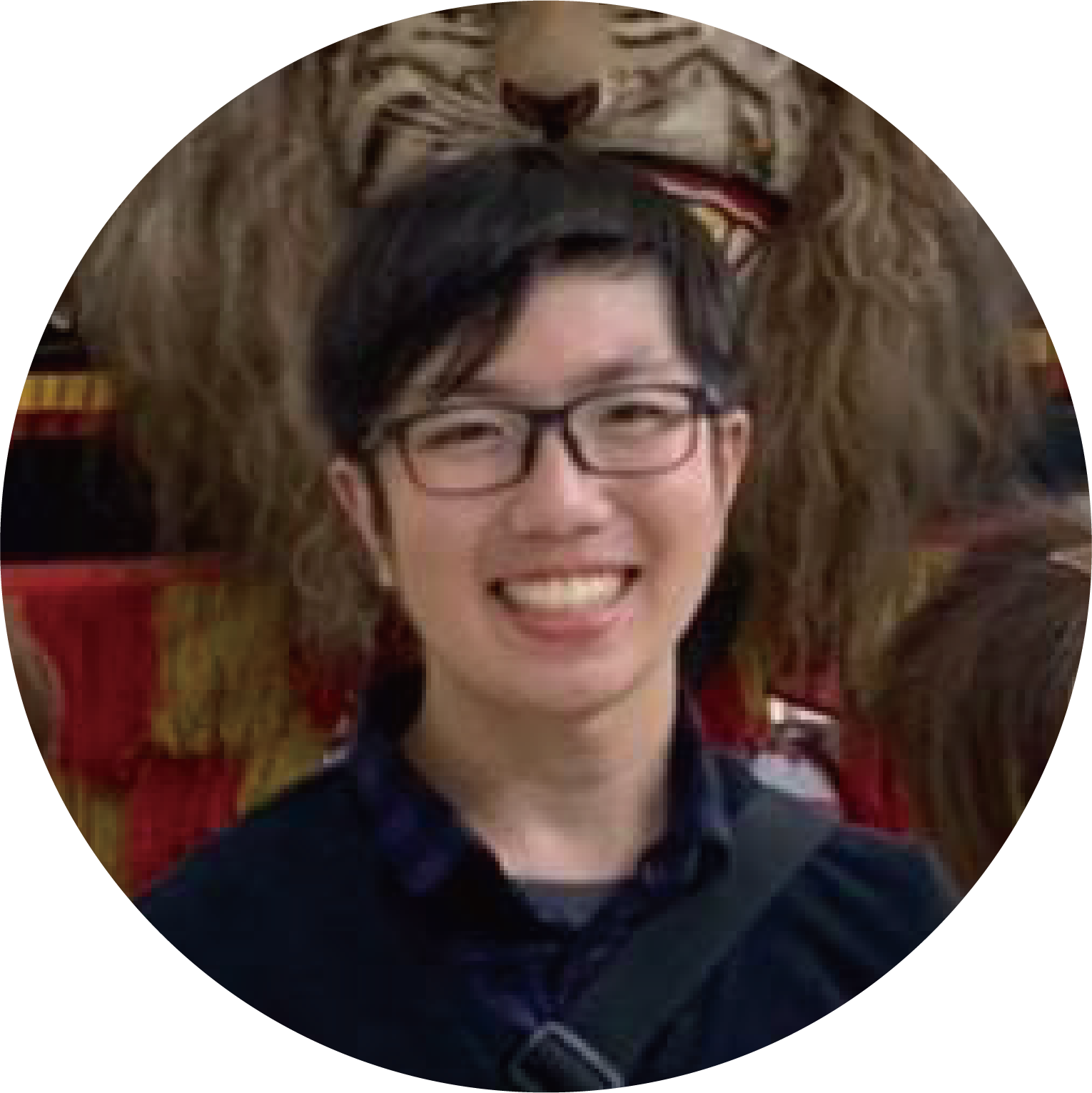
Mamoru Hasegawa
Born in Tokyo in 2000. A student at Keio University’s Faculty of Policy Management and a member of the Nonaka Research Group’s “Symbiosis Project for Muslim”. Interested in urban sociology, local governance, and immigration. Converted to Islam in May 2020. Runs a web media called “Yu no Wa Labo” with a high school friend, where they philosophize casually in sento (public bathhouses). Currently writing a column as a Muslim employee at a social insurance and labor law firm in Akihabara.
Contact
Credit
Organizer
Young Muslim’s Eyes : Crosswork between Arts and Studies
Co-organizer
Living Montage(General Incorporated Association)
Keio uni. SFC Nonaka Lab Muslim Symbiosis Project
Planning / Production
Kae Amo (Cultural Anthropologist / Assistant Professor, Graduate School of Asian and African Area Studies, Kyoto University)
Kenichi Sawazaki (Artist, Film Director, Curator / Project Assistant Professor, Research Institute for Humanity and Nature)
Yo Nonaka (Local studies / Associate Professor at Keio University)
Young Muslim
Ahmed Alian(CEO, Rhetica Inc./Waseda University Student)
Yunus Ertuğrul(A member of society, Ezaki Glico Co., Ltd.)
Mamoru Hasegawa(Local community studies, Public baths / Keio University Student)
Documentary film production
Kenichi Sawazaki
Shuta Shinmyo (Filmmaker, Part-time Lecturer at Tokyo University of the Arts)
Related research
CAACCS Core Research “Efforts towards Understanding Islamic Cultures in Asia and Africa and Promoting Diversity – From the Generation Responsible for a New Coexisting Society” (Research Representative: Kae Amo)
CCAACCS Art Research “New Creativity Utilizing Video Media Between Researchers and the Field” (Research Representative: Kenichi Sawazaki)
Supported by
Arts Aid KYOTO
